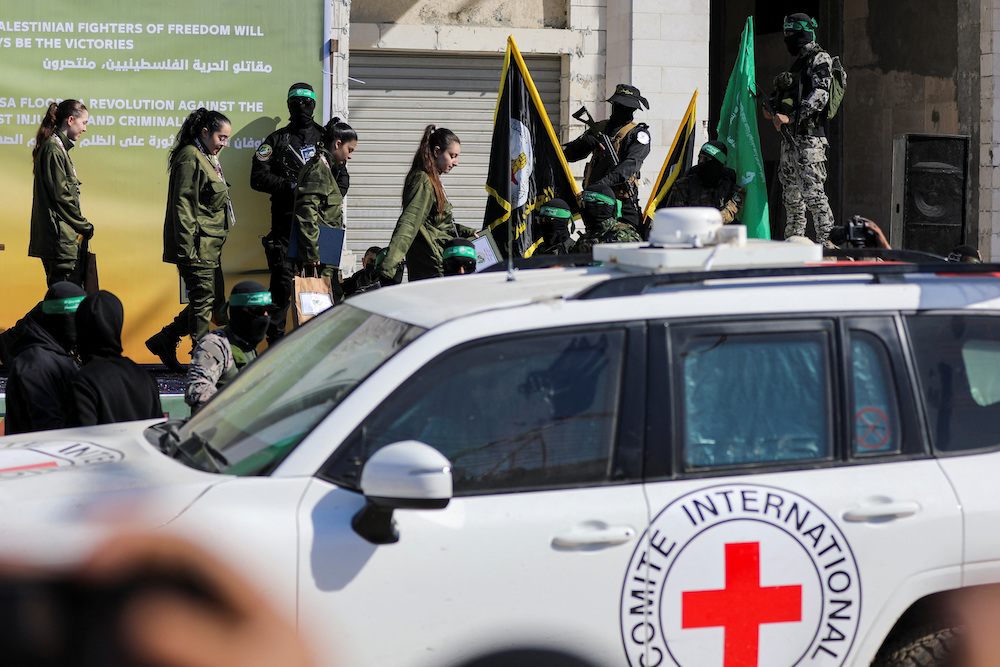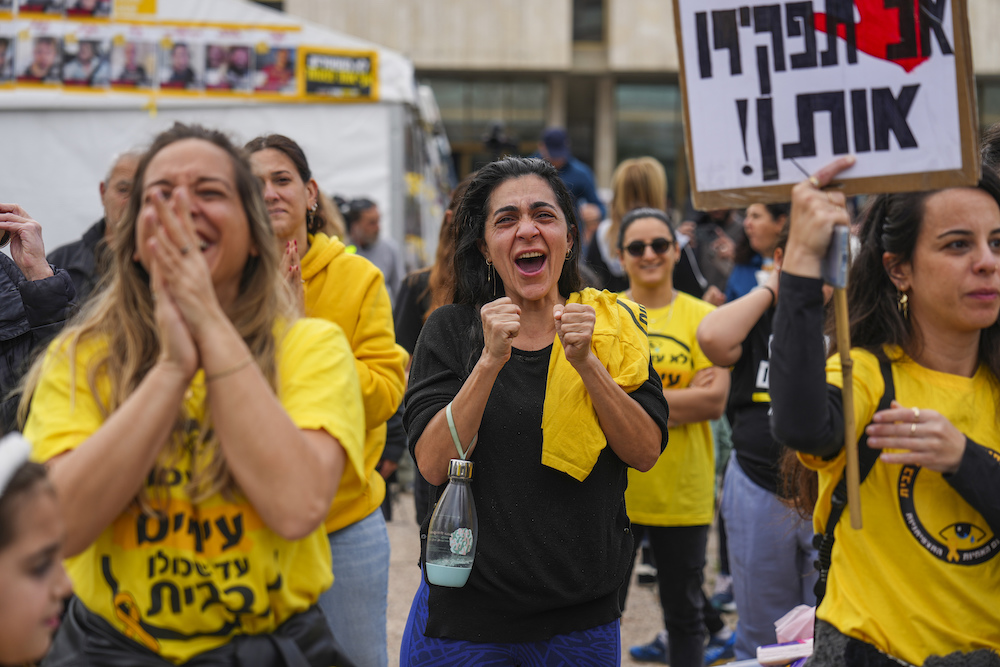JEDDAH: Buying property in Turkey in return for Turkish citizenship has become a new way for Iranians to evade sanctions, mostly through the use of bitcoin.
Such “gray zone” schemes, however, which were also applied in European countries like Malta or Cyprus, are harshly criticized by the European Commission, which sees them as a form of organized crime because they sometimes serve to disguise fraudsters.
Some Istanbul-based money transfer offices are reportedly enabling Iranians to bypass US embargoes — without falling under the radar of the US Treasury — because they cannot otherwise move funds out of their country.
Through the use of smuggled machines, Iranians make connections between offices in Istanbul and banks in Tehran to transfer the cash equivalent of the Iranian account, with a commission. In some cases, real estate companies open accounts for their Iranian customers at an Istanbul-based bank and transfer the required money for the property into this account, although not all Turkish banks accept this modality.
According to some insights, the transfer businesses mainly operate on the European side of Istanbul around the Grand Bazaar area, along with digital transactions like bitcoin, which operate beyond borders without being regulated.
Currently, about 67,000 Iranian citizens live in Turkey, having fled their country due to the restrictions that influence all aspects of their lives, from socialization to financial resources.
In the last two years, Turkey has provided nationality to anyone who spends $250,000 on property or who holds $250,000 as deposit money.
The scheme has so far helped some 25,000 people from various nationalities to become Turkish citizens.
SPEEDREAD
• Currently, about 67,000 Iranian citizens live in Turkey, having fled their country due to the restrictions that influence all aspects of their lives, from socialization to financial resources.
• In the last two years, Turkey has provided nationality to anyone who spends $250,000 on property or who holds $250,000 as deposit money.
Some Iranians have even changed their names and birth places to resemble Turkish ones so as to hold their financial transactions without drawing suspicion.
They retain all rights Turkish nationals have, except for the right to vote and to stand as candidates in elections. Many Iranians are also taking this opportunity to work in Turkey once they receive citizenship and to use this citizenship as an advantage for their export business in operations they cannot realize with Iranian identity.
A Turkish real estate company owner, who preferred to remain anonymous, has been selling both modest and luxury houses to Iranian buyers for a couple of years. He has even learned basic Farsi to reach out to clients more easily.
“They can obtain Turkish citizenship in as little as a couple of months after they acquire the title deed to the house. Turkey is the closest and safest harbor for Iranians,” he told Arab News.
“Based on my own experience, money transfers are mainly completed in Grand Bazaar shops and through digital means like bitcoin.”
Aside from some Iranians who bring all their money in cash, others use their internationally based companies to directly transfer money to Turkey.
Operations seem to have accelerated with the imposition of extra embargoes on Iran.
“My business with Iranians these past two years has been quite lucrative, but now with the coronavirus outbreak and the suspension of all international flights, real estate is completely shut down. We mainly sold property in luxury places on the European side of Istanbul, like Vadi Istanbul, but also in modest, suburban areas like Beylikduzu,” he said.
“Turkish nationality has helped Iranians travel to Europe, but they also keep their houses in Istanbul as a backup plan because they are not obliged to live there in order to retain nationality. All their first-degree relatives, except for siblings, can retain citizenship. They don’t buy property only for investment purposes; they do it to build their lives here and to accumulate savings,” added the Turkish real estate company owner.
Iraqis and Iranians remain the biggest investors in Istanbul as instability rises in both countries.
In February, Iranian citizens bought 721 real estate properties in Turkey, almost double the amount compared to 2019 according to the official statistics of Turkey’s General Directorate of Land Registry and Cadastre. Last year, Iranian citizens purchased 5,423 real estate properties in Turkey, which is 1,771 more compared to the previous year.





























